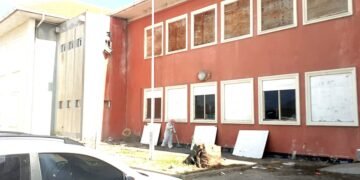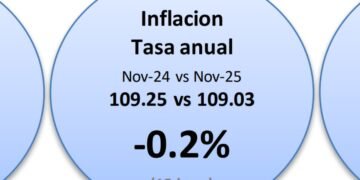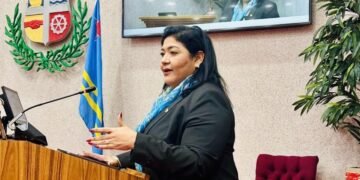Aruba is a nation governed by law — a law that defines the quality of life its citizens deserve, from birth to legacy. But what does “social law” really mean? It refers to the legal framework ensuring every citizen enjoys an acceptable standard of living based on the country’s values and culture.
Aruba has faced many crises throughout its history. Yet, through a spirit rooted in Aruban principles of solidarity and hard work, its people have persevered. Arubans contribute to every economic sector, generating the income needed to provide jobs, produce food, and create happiness for the community.
By 2024, Aruba showed strong economic resilience — able to cover public expenses through its revenues, honoring the social contract it has with its people.
However, despite this apparent success, Aruba still struggles to provide a comfortable life for all its citizens. Official data reveals a puzzling reality: Aruba’s economy is thriving, yet the country must still import workers from abroad because there aren’t enough local employees to meet labor demand.
Why is this happening? Why does Aruba’s large economic output and tax revenue fail to cover all essential social needs? Why can’t the government fully fund social programs, even while welcoming foreign workers to fill jobs?
The answer lies in Aruba’s public finances and budget management. The balance between revenue and social spending is strained. The government must explain clearly to the people why, despite growing revenues, social demands remain unmet and why Aruba has not yet become the true social paradise its economy could support.
Aruba’s Parliament, under the guidance of accounting laws, holds the key to transparency. It must inform citizens clearly why revenues are insufficient to meet social needs — and what large expenses justify this gap.
A new generation of Arubans, tech-savvy and internationally connected, expects clear answers supported by data and democratic accountability.
As Aruba navigates its financial recovery and economic growth, the Parliament must step up as the people’s voice and clarifier — explaining why the country’s economic success has not yet translated into improved social welfare for all.
The tools exist; it’s now a matter of commitment to transparency and action.
























Discussion about this post